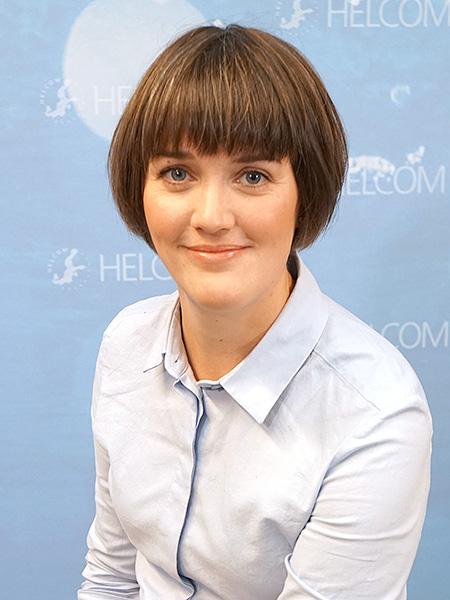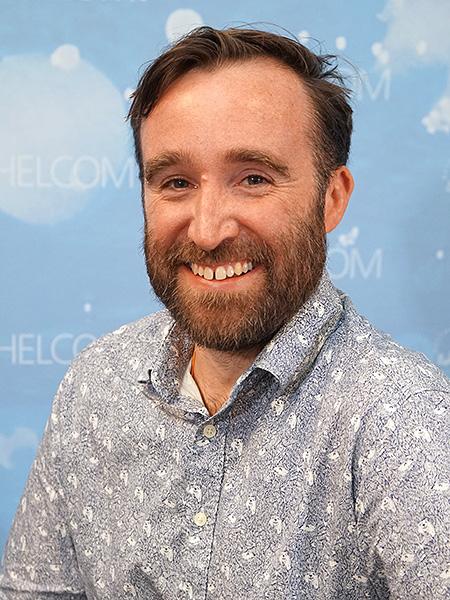Play-ducate
More than just fun and games – play your way to save the Baltic Sea.
Background
The Baltic Sea is a highly dynamic and complex ecosystem covering extensive gradients. It is one of the largest brackish water sees in the world and contains a fragile ecology that is heavily impacted by human activity.
Games have been proven to help players to empathize and understand, promote problem -solving skills, and encourage critical thinking, and through this to promote social change by encouraging players to take action in the real world. Play-ducate aims to utilise gameplay in both tabletop and digital formats to foster a conceptual understanding of how our Baltic Sea ecosystem functions and, more importantly, how our actions as a society can impact and benefit this precious resource. and
In 2021, the Baltic Sea Action Plan (BSAP), the guiding document towards achieving Good Environmental Status and a healthy Baltic Sea, was updated (BSAP 2021). In addition to setting out the vision of a healthy environment the BSAP establishes 199 actions (measures or supporting actions) towards achieving that vision. The 2021 BSAP also includes horizontal actions, actions that cut across all or multiple issues, and here the aspect of knowledge exchange and awareness raising is identified. It also identifies that the delivery of messages to stakeholders and the general public should be based on science and cover all important topics relevant to the protection of the marine environment. The issues is also the focus if horizontal action HT27 that states ”Increase knowledge exchange and awareness raising to promote public and stakeholder support and interest in understanding the state of the Baltic Sea and threats to its environment as well as promote opportunities for the general public to participate in citizen science”. Play-ducate aims to, through gamification, increase the awareness and understanding of the Baltic Sea ecosystem, complex interactions humans have with it, and the role of biodiversity as the cornerstone of resilient natural systems.
Objectives and approach
Working with partners from Julibert Games (https://www.julibert.com/) the project will, through intelligent design, adapt and develop a scientifically accurate game that succinctly portrays the Baltic Sea ecosystem and its key components while highlighting how human actions can influence them. By creating a challenging, enjoyable, and factually enhanced game that requires cooperation to achieve success, Ecosfera Baltica will educate people about the value of the Baltic Sea and provide an informed foundation for future efforts and decision making. The project has set itself the aim of developing the game to include a realistic and scientifically correct food web and ecosystem, picking out key species or groups and key processes vital for a healthy Baltic Sea. The game will also aim to highlight how efficient and effective management can support achieving a healthy environment and highlight the fact that human actions have potential impacts. The ultimate goal is to create a tabletop and digital version of this cooperative game that can be released across the Baltic Sea region, with instructions and a short educational overview in each national language. A particular target will be young people and educational establishments, though the product will also be more widely applicable to any interested individual.
Project partners & HELCOM’s role
The HELCOM Secretariat will carry out the initial development in close cooperation with Julibert Games. However, to ensure the aims of the project are achieved a series of relevant refence group are established and existing HELCOM Expert Groups will be used as sounding boards for the choices made in the development. For example, groups working with important biodiversity components will be consulted for guidance of the species selection and their interactions. In addition, reference groups will also be developed for school children, young people, and adults to test the game and provide input, and a reference group will also support the optimal digitalization of the final game design.
Funding info
The project is funded by the Maj and Tor Nessling Foundation: https://www.nessling.fi/en/.

Contacts

Jannica Haldin
Project Manager
jannica.haldin@helcom.fi
+358 40 485 5905

Owen Rowe
Project Coordinator
owen.rowe@helcom.fi
+ 358 40 162 2054

